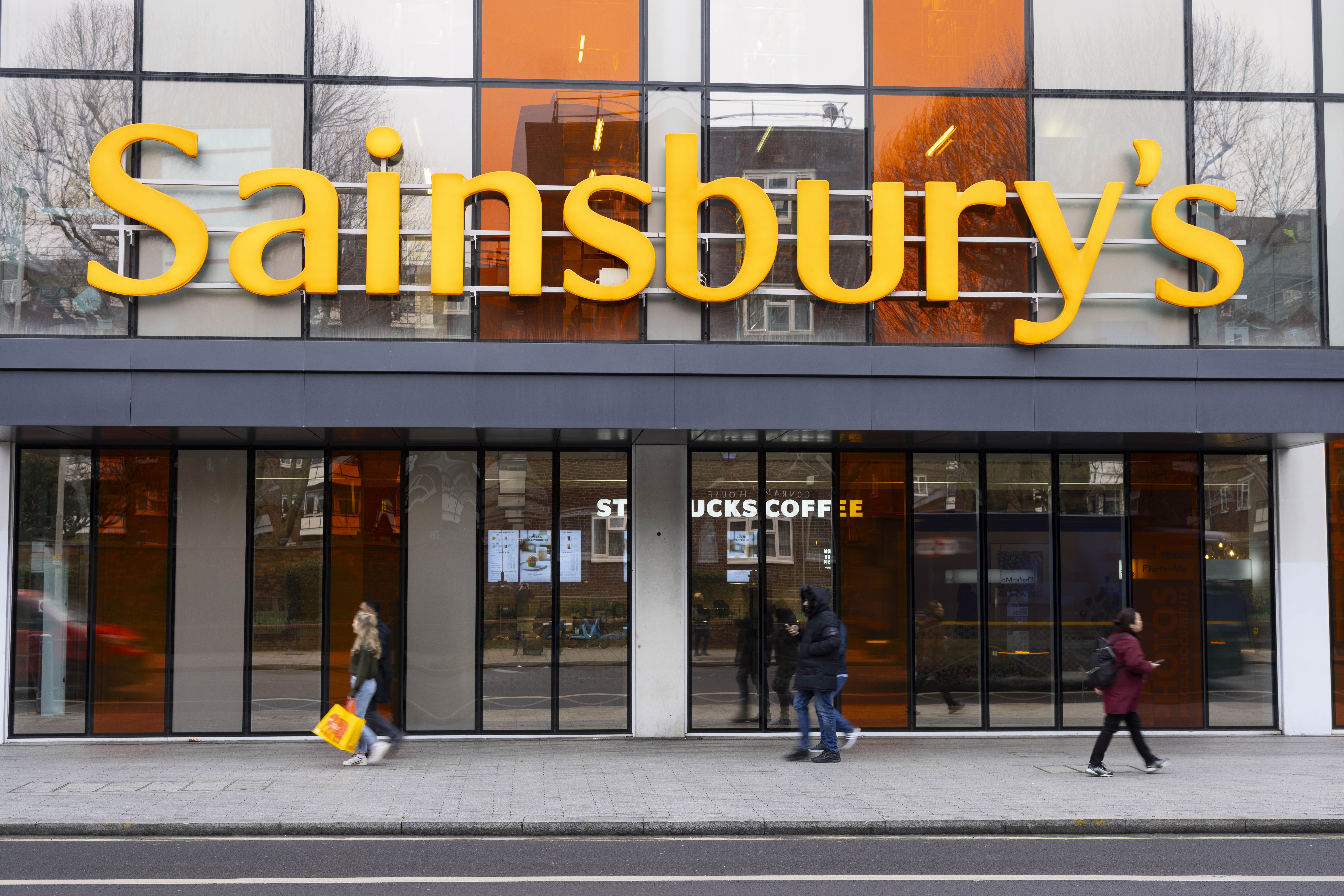The John Lewis Partnership’s chief data & insight officer has said that holding back on customer-facing AI use cases is a “very deliberate” move for the retail giant, with the company instead focussing on its “unglamorous” back-end operations.
On Thursday at the Retail Technology Show in London, Barry Panayi – who oversees the company's data strategy across John Lewis, Waitrose and its financial services arm – told the audience that AI use this year has focused on areas such as supply chain optimisation, tracking availability, and routing vans because this is "where the money is".
The chief data officer said that the organisation doesn’t currently have plans to roll out customer-facing use cases of genAI, instead it is focusing on non-risky areas that don’t rely on customer data, like internal tools for finance and people, for example bringing all of its policies into one place.
Panayi joined John Lewis in March 2021 when the company was in the throes of significant losses. He said that at the time, the company was failing on data and insight because "no one was thinking about it".
"Now after four years, it feels exciting, momentum is back," he said.
Panayi explained that when it comes to data and AI, the retailer is getting the "basics" done first, adding that once it has nailed machine learning on the operational side, the next steps would likely involve personalisation.
However, he said that there would need to be clarity from John Lewis' leaders about taking that next step.
Building credibility with senior executives as it continues its AI and data strategy for operations will come first for the Partnership. Once this has been achieved, the company may be given permission from leaders to move onto more customer-facing projects.
When asked whether he felt that the pace of the company's approach to data and AI is a concern, particularly as other companies explore customer-facing tools, Panayi said: “I’m not worried that we’re going slowly at all – I do look at what others are doing. There’s a lot of talk. I think we are doing the right foundational stuff.”
He went on to say: “It’s very, very deliberate. Letting the partnership do what it does best.”
The chief data officer also said that the business doesn’t need to take a risk by putting agentic AI in front of the customer, instead the business will continue to focus on improving processes behind the scenes to help employees engage with the customer.
He explained that using AI shouldn't be about replacing services with a bot, instead the technology should further enable staff to do the things that only humans can do.
Panayi said that overall John Lewis' approach is conservative, with the business avoiding taking "unnecessary risks". In fact, he explained, it is going beyond the bare minimum in terms of GDPR rules.
"I don’t think it makes us slow, it makes us more deliberate," continued Panayi.
He also suggested "less is more" when choosing use cases, because there is so much an organisation can do with the technology.
"There’s too much choice, the data industry or tribe are guilty of having eyes bigger than organisations’ bellies," added the data expert.
Looking ahead to the future, he said that as natural language models increasingly improve, the "way that colleagues and customers interact with data will be seamless", adding that the industry could soon see bots interacting with other bots.
Latest News
-
Four people arrested for cyberattacks on M&S, Co-op and Harrods
-
Scotta boosts inventory capabilities with AI
-
EG Group appoints new group CFO
-
Lidl trials 'VAR-style' self-service checkouts to combat shoplifting
-
Ahold Delhaize appoints new CTO
-
Coop Norway rolls out 128 digital screens across its stores
Supermicro and NVIDIA’s AI Solution for Retailers
To find out more: click here
Poundland significantly reduces antisocial behaviour, aggression and shoplifting with Motorola Solutions VT100 body cameras
Retail should not be a high-risk occupation. As a company, we are focused on listening to our colleagues and customers to help them with the issues they are facing in-store and so far, the feedback on our body cameras has been excellent. They act as a great visual deterrent, help to de-escalate situations and overall, this project has significantly aided our goal to make the retail environment safer.
For further information on Motorola Solutions’ retail security products, including body cameras, click here.
For further information on Motorola Solutions’ retail security products, including body cameras, click here.
© 2024 Perspective Publishing Privacy & Cookies




.jpg)






Recent Stories